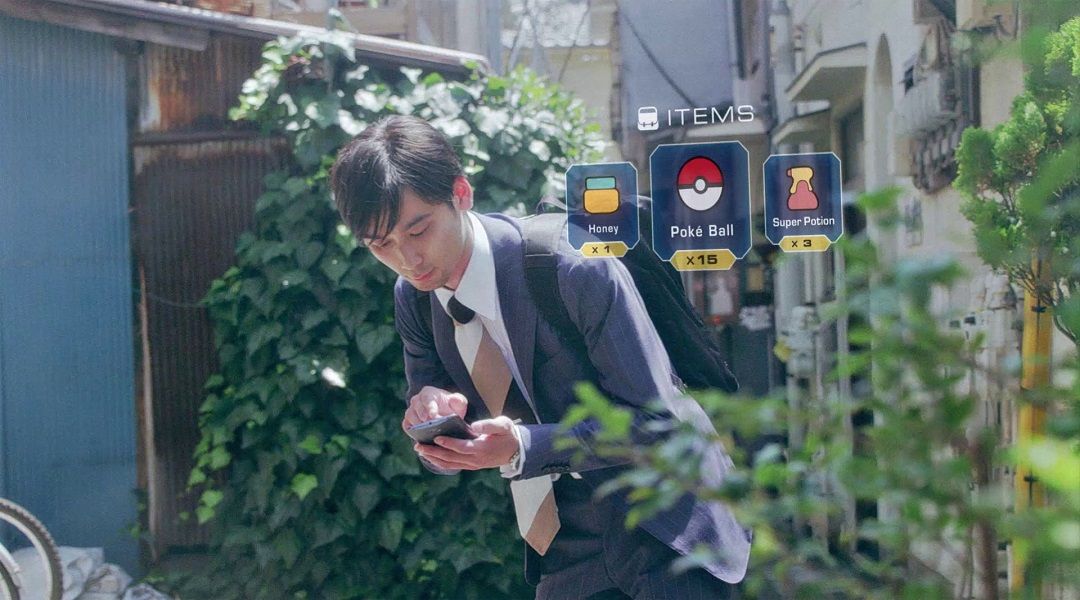New Jersey resident Jeffrey Marder files a lawsuit against Nintendo, Niantic, and The Pokemon Company, claiming Pokemon GO encourages people to trespass on his property.
Since its launch last month, Pokemon GO has blown up to be a massive phenomenon, raking in millions of dollars for the companies behind its creation. However, Pokemon GO has also been somewhat of a headache its creators due to the numerous controversies surrounding the augmented reality game. Nintendo, Niantic, and The Pokemon Company are now even facing a lawsuit from a disgruntled individual who believes the game has been a detriment to his quality of life.
Jeffrey Marder, a resident of West Orange, New Jersey, claims that Niantic placed both PokeStops and gyms on his property without his permission. This has drawn strangers to Marder's residence, with people knocking on his door asking if they can go into his backyard in search of Pokemon. As a result, Marder filed a class action lawsuit against Niantic, The Pokemon Company, and Nintendo on July 29th, and the companies involved have 21 days to respond.
Marder's suit argues that Pokemon GO encourages individuals to trespass on private property, and that the companies involved have profited from it. When one looks at the fact that Pokemon GO has dominated app store charts, and makes millions of dollars on a daily basis, it seems like it wouldn't be hard to prove that the companies involved profit from the game, but whether or not it encourages trespassing is questionable.
Whenever someone boots up Pokemon GO, the game offers some safety tips for players. Previously this consisted only of a warning to "Be aware of your surroundings," but it has now been expanded to include pieces of advice such as "Do not trespass when playing Pokemon GO." Granted, the latter statement wasn't in the game from the beginning, but it seems like something that should be common sense.
Regardless, we can see why Marder has been frustrated by Pokemon GO, especially if it's true that his property has PokeStops and gyms on the premises. In Niantic's defense, however, the company is now removing PokeStops and gyms by request, so maybe Marder could consider that route before moving forward with a lawsuit that may turn out to be a waste of his time and money.
We should learn how Niantic, The Pokemon Company, and Nintendo respond to the lawsuit by the end of August. It will be especially interesting to see what Nintendo has to say about it, as the company didn't technically develop Pokemon GO at all, a revelation that saw its shares plummet after initially enjoying a boost from the game's popularity. Considering this, maybe Nintendo will be dropped from the lawsuit, but that's just speculation at this time.
Check out our helpful Pokemon GO guides:
- Every Way to Earn Experience Points
- How to Win Battles
- How to Become a Gym Leader
- How to Get Pokecoins
- How to Catch Pikachu as a Starter
- How to Use and Hatch Eggs
- How to Catch Rare Pokemon
- How to Use Pokestops
- How to Control Eevee’s Evolution
- Trainer Rewards at Every Level
- How to Hold Gyms Longer
- Where to Find Specific Pokemon
- How to Trigger Pokemon Spawns
- Every Type’s Strengths and Weaknesses
- Catching Region Exclusive Pokemon
Pokemon GO is available now for Android and iOS mobile devices.

